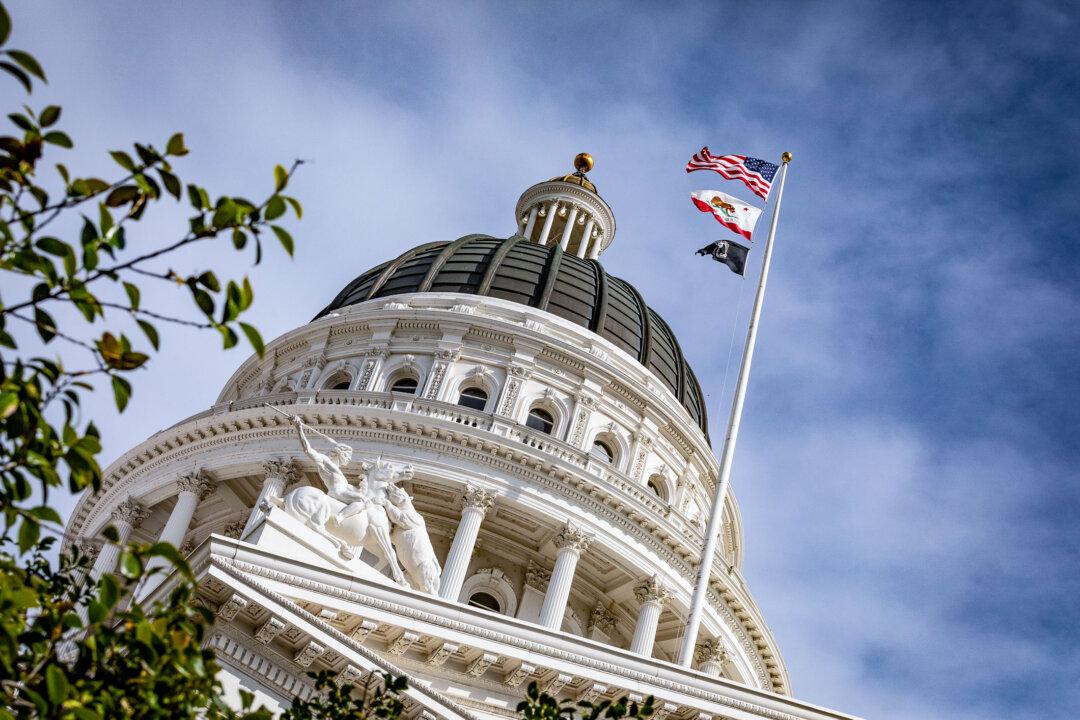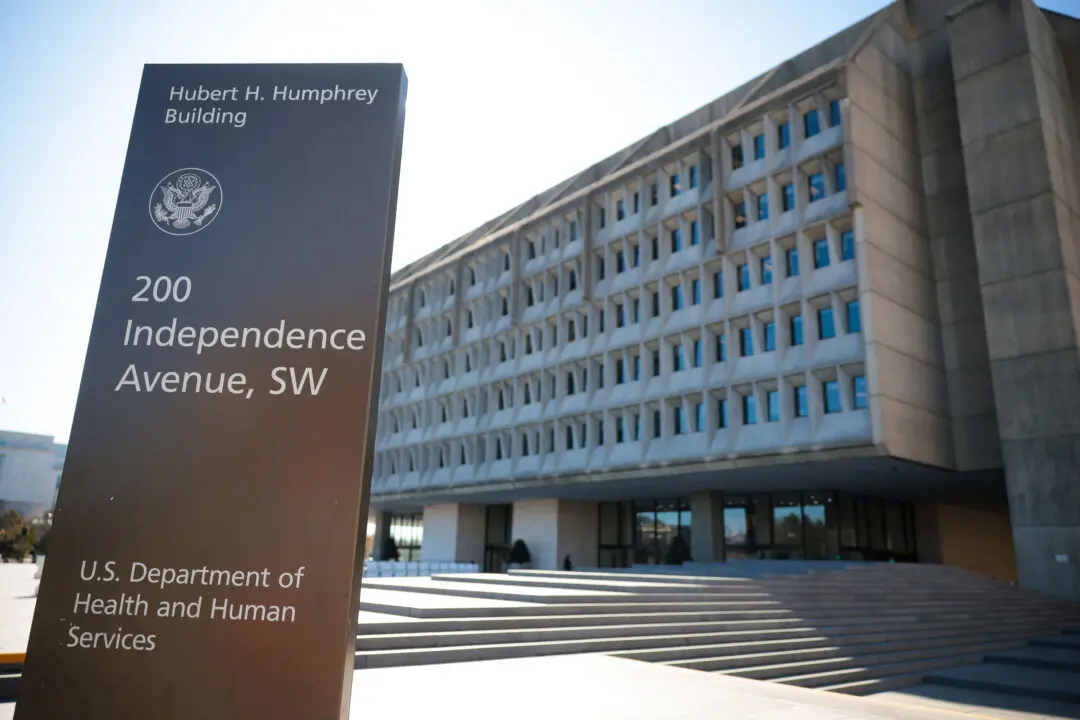California lawmakers in the Public Safety Committee gave their seal of approval on Tuesday morning to a bill that would crack down on consumers of the child sex trafficking industry.
Assemblymembers Mia Bonta (D) and LaShae Sharp Collins (D) abstained from the vote.





